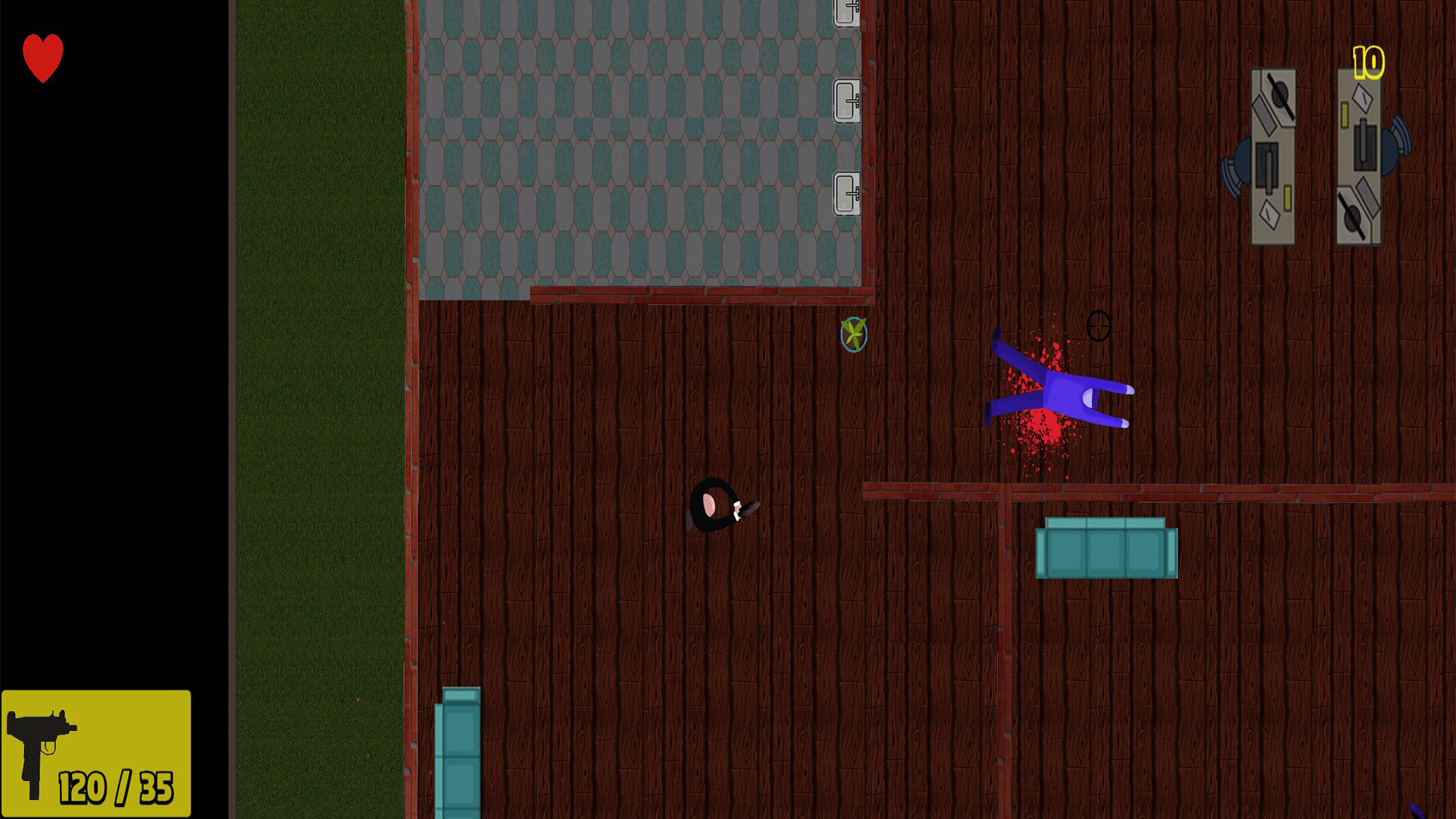
I have to know your loyalties are to us.” Their handshake deal was followed up with a written contract that said the Detroit hockey club would pay Ponomarev $35,000 for a successful defection of Sergei Fedorov or Vladimir Konstantinov. “As Mike Ilitch told me over and over, always close,” Lites recalled. “I can talk to the guys for you,” he told Lites, who was beginning to feel like he could make the kind of deal that would pay enormous dividends for the Red Wings. There, Lites met a man pushing 50, a Russian ex-pat who had left his country when he was in his 30s.īecause he spoke Russian, French and English, the Soviets used Ponomarev as their official photographer whenever they were in North America or Western Europe. Within a few days, the two were meeting in Montreal. Within minutes, Lites was on the phone with the photographer, Michel Ponomarev. He felt the shifting political winds in the collapsing Soviet Union. “My parents would be very upset with me if I change my mind now and try to get a release.”

“After he got that letter, Sergei started thinking for the first time seriously of his future in the NHL,” said Matveev, adding that he immediately advised Fedorov to seek a release from the Red Army so that he could play in the United States. Tikhonov knew it was unusual to find so many good things in one person.

He was quiet, worked hard and he was big and strong. Tikhonov paid much attention to the young guys, and when he brought Sergei to Red Army, Fedorov was the coach’s favorite guy on the team. And I eventually earned Matveev’s trust over a series of lengthy conversations in Moscow about five years after the fall of the Soviet Union.

In the process, the reporter earned the player’s trust. He was the first journalist to write a lengthy feature story about Fedorov. Matveev, a slight, bespectacled man approaching his 30s, had chronicled the young Fedorov’s rise to stardom during his four years with CSKA Moscow. On arriving home in Moscow, he turned to the one person outside his hockey circle and his family that he thought he could trust: Valery Matveev, a sports writer with Pravda, one of two national newspapers in the Soviet Union at the time. Fedorov’s father, Viktor, had urged him to sign it - and Sergei was tempted.īut the dollar signs the younger Fedorov saw in that Helsinki letter prompted him to reconsider. He would be asked to sign a 25-year contract. But it also came with substantial strings attached. The Red Army club was intent on promoting Fedorov from private to lieutenant, a significant advancement in prestige, pay and other perks. It was exciting kinds of thoughts.”Įxciting enough that Fedorov put the brakes on an offer from his Red Army coach and commander, Viktor Tikhonov. “Later, I read the letter and understand. “It was a nervous time, an uncomfortable time,” he said. The letter eventually created some anxiety. I had no idea that in a year I could have gone anywhere.” “I still didn’t understand what the draft is, who the Red Wings are, nothing really about the NHL,” he said. In an interview shortly after his induction into the Hockey Hall of Fame in November 2015, Fedorov admitted he didn't know what to make of that meeting in Helsinki when I showed him the list of Detroit Red Wings draft selections and handed him the media guide stuffed with the letter I had written inviting him to Detroit as a defector. “We had him in Detroit before the Russians knew he was gone,” Polano said. I’m going.”įedorov turned and walked away, not sure what might happen next. “Where are you going?” Tchekmarev was now laughing. Tchekmarev was a massage therapist and equipment manager for the Soviet National Hockey Team - and Fedorov’s roommate. “Thirty seconds,” Fedorov said, and he walked toward Sergei Tchekmarev, one of his closest, most trustworthy friends in a society where trust was rare and fragile. “Sergei, let’s just go, right now,” Lites implored. But just as they were about to leave the hotel, an elevator door opened and there stood one of Fedorov’s Soviet Red Army teammates, a tall, older man. Lites rose and they headed out a back door toward the waiting limo.

“Ready to go, Jim?” Fedorov asked, in practiced English, as casually as if he were commenting on the weather. Sergei Fedorov spotted his man sitting there reading a USA TODAY newspaper and walked calmly up to him. Last off the bus was the guy who would be making those headlines. A few dozen hungry young men sprinted to a dining area where a late meal was being served. As Polano was talking the chauffeur off the ledge, a bus pulled up to the front of the hotel.


 0 kommentar(er)
0 kommentar(er)
